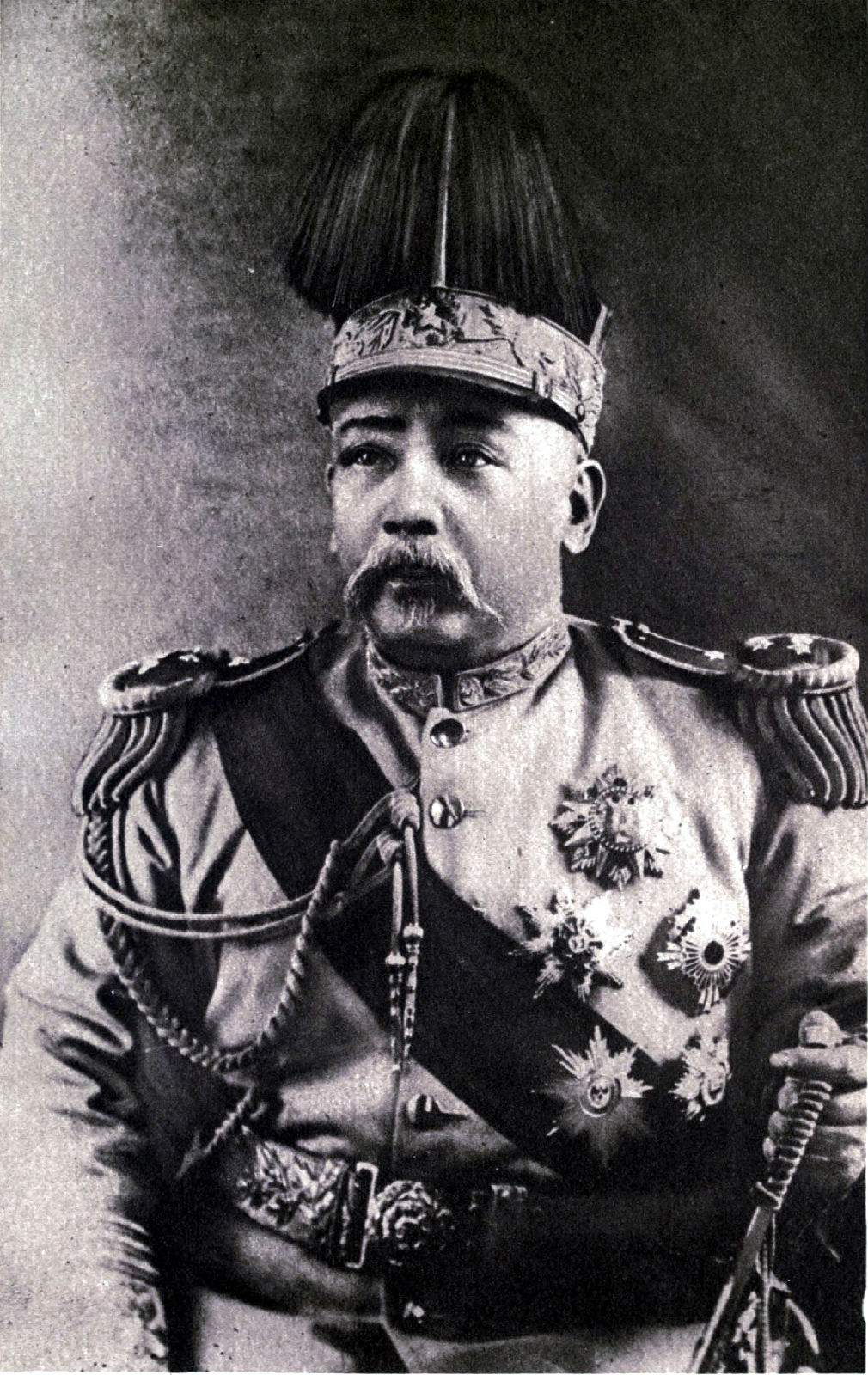A representative of the national bourgeoisie who advocates saving the country through industry
Overview
Chinese Name: 张謇
English Name: Zhang Jian
Other Names: Zhang Changtai 张长泰, Wu Qiyuan 吴起元, Zhang Yucai 张育才
Born: From July 1, 1853
Died: August 24, 1926
Achievements:
Developed modern Chinese national industry 发展了中国近代民族工业
Developed modern Chinese education 发展了中国近代教育事业
Main Works:
Zhang Jian’s Diary 《张謇日记》

Brief Biography of Zhang Jian
Zhang Jian, an industrialist, politician, educator, and calligrapher in modern China, is one of the “Five Talents in Jiangsu 江苏“.
Zhang Jian (From July 1, 1853, to August 24, 1926), courtesy name Jizhi 季直, is from Tuzhu Mountain 土竹山, Changshu, Jiangsu Province 江苏省, and was born in Changle Town 长乐镇, Zhili Department 直隶厅, Haimen 海门, Jiangsu Province 江苏省 (now Changle Town 常乐镇, Haimen District 海门区, Nantong 南通, Jiangsu Province 江苏省).
In the 20th year of Guangxu 光绪’s reign (1894), Zhang Jian won the first prize in the imperial examination and was awarded the title of the Imperial Academy. In the 21st year of Guangxu (1895), the Dasheng Yarn Factory was founded at the order of Zhang Zhidong 张之洞. Tongzhou Normal School was founded in the 28th year of Guangxu (1902). In the 31st year of Guangxu (1905), Nantong Museum was founded.
In the first year of the Republic of China (1912), he drafted the imperial edict for the abdication of the Qing emperor and served as the chief industrial officer after the establishment of the Nanjing government; In the same year, he was re-appointed as the Director General of Agriculture and Commerce of Beiyang Government and the Director General of National Water Resources. In the fourth year of the Republic of China (1915), Zhang Jian resigned angrily because Yuan Shikai 袁世凯 accepted part of the “Twenty-one Rules” proposed by Japan.

In the 8th year of the Republic of China (1919), Nantong More Popular Theater was built. In the 11th year of the Republic of China (1922), the cotton textile industry crisis led to the overall collapse of Zhang Jian’s career and the decline of Dasheng Cotton Mill. On August 24, the 15th year of the Republic of China (1926), he died of illness in Nantong at the age of 73.
Zhang Jian was an early pioneer in China’s cotton textile industry. He advocated “saving the country through industry 实业救国”. He set up a series of cultural and educational undertakings in Nantong and created Tangzha Industrial Zone, making Nantong one of China’s early national capitalist industrial bases. According to the pattern of one city and three towns, Nantong has become an important commercial port in the lower reaches of the Yangtze River 长江 and an economic, cultural, and political center in northern Jiangsu.
During his lifetime, he founded more than 20 enterprises and 370 schools, making valuable contributions to the rise of modern Chinese national industry and the development of education.
Personal Life and Major Contributions
Early study
When he was four years old, his father, Zhang Pengnian 张彭年, began to teach him to learn Thousand Words 千字文. By the age of 5, Zhang Jian had been able to recite Qianzi Wen without error, so his father ordered him to go to a private school with his three brothers, to study with Mr. Qiu Dazhang 邱大璋 in Haimen, and named him Wu Qiyuan 吴起元.

By the age of 10, Zhang Jian had finished reading such basic books as Three Character Classic 三字经, Hundred Family Surnames 百家姓, Great Learning 大学, The Doctrine of the Mean 中庸 and The Analects of Confucius 论语. At the age of 12, his father, Zhang Pengnian, opened a private school and invited Mr. Song Xiaoqi 宋效祁 from Xiting Town 西亭镇, his hometown, to teach his children. At the age of 14, Song Xiaoqi died of illness. His father ordered him to carry a bookcase to Xiting Town 西亭镇 to study with Song Lin 宋琳, Song Xiaoqi’s son.
Come first in the highest imperial examination
In the 11th year of Guangxu (1885), because Sun Yunjin 孙云锦 was appointed as the governor of Jiangning 江宁, and his student evaded, Zhang Jian went to Beijing to participate in the “Shuntian Rural Examination 顺天乡试”, and was admitted to the “second place”, which was called “Nanyuan 南元” at that time.
In the 13th year of Guangxu (1887), Zhang Jian accompanied Sun Yunjin to work in Kaifeng Prefecture 开封府 to help with river regulation and disaster relief and worked out the Outline of Shusai 《疏塞大纲》.

In the 20th year of Guangxu’s reign (1894), a special Enke test was held for Cixi’s 60th birthday. Zhang Jian could not disobey his father’s order, so he went to Beijing for the fifth time to take the exam. This time, Zhang Jian was selected as the 60th Gongshi at the Ministry of Rites. In March, he won a first and tenth place in the second round of the Ministry of Rites. In the April palace examination, he finally won first place in the first class and was awarded the position of writing official in the Imperial Academy.
Save the nation by engaging in industry
After the Sino-Japanese War of 1894-1895, Zhang Jian abandoned politics and went into business. He clearly put forward the idea of “saving the country through industry”. Since he was preparing to set up Nantong Dasheng Yarn Factory, he has successively set up dozens of enterprises, which can be called the first industrialist in modern China. His “saving the country through industry” includes the following important contents:

First, Zhang Jian believes that the economy is the root.
Second, Zhang Jian is a determined heavy industrialist. He attaches great importance to the adoption of new processes and technologies.
Thirdly, Zhang Jian called for the “cotton iron doctrine”.
Fourthly, Zhang Jian is good at making use of the social relations formed by his years of political career to strive for official support and develop private capital.